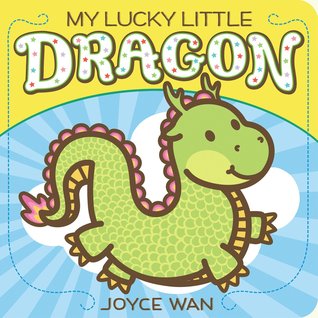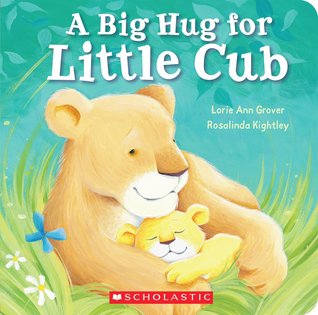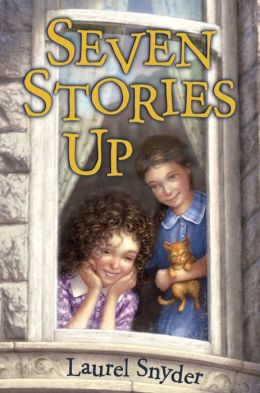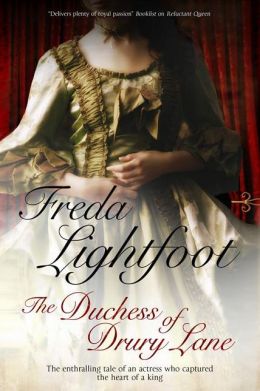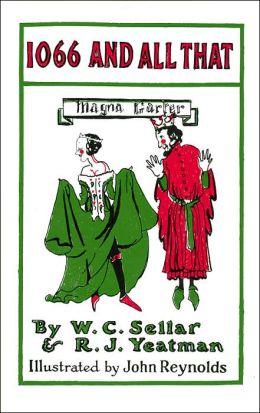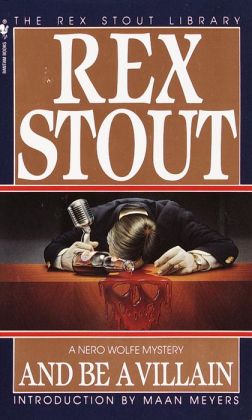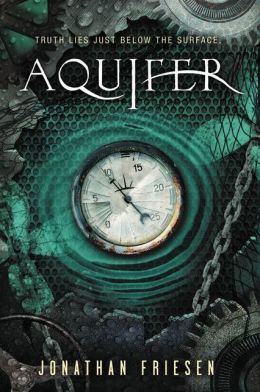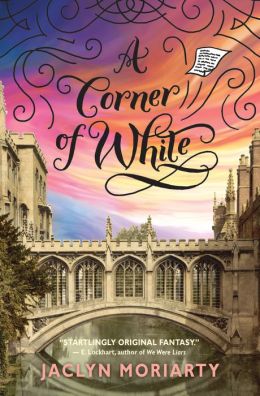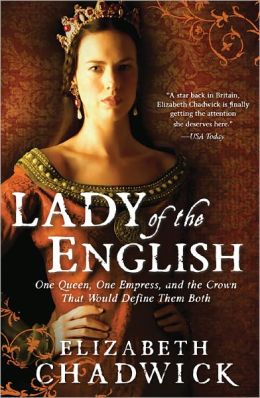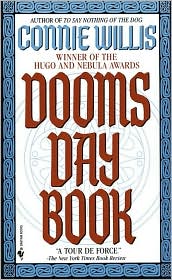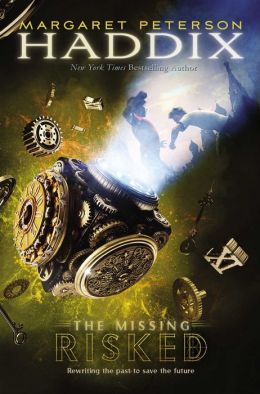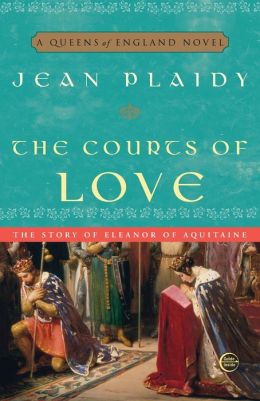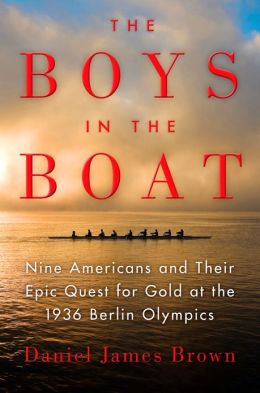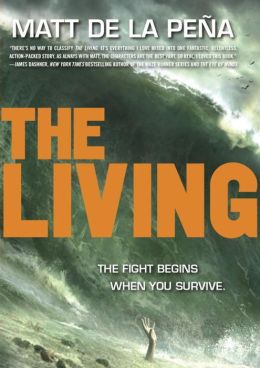You are my lucky little dragon
my clever little snake
my happy little horsey
my snuggly little sheep
my silly little monkey
my chatty little rooster...
You Are My Cupcake by Joyce Wan remains my favorite, favorite, favorite board book. It lends itself so well to singing, and as a song it is practically perfect in every way. I can't say that My Lucky Little Dragon works as a song; it may be possible with effort and imagination, but, as a read aloud, I think it works well enough. Everything about this one is super sweet. And it would probably make a great companion book for those families who loved Wan's previous board books.
My favorite pages? My silly little monkey; my trusty little puppy; my playful little pig.
Text: 3 out of 5
Illustrations: 4 out of 5
Total: 7 out of 10
Giraffes Can't Dance Number Rumba Counting Book. Giles Andreae. Illustrated by Guy Parker-Rees. 2014. Scholastic. 12 pages. [Source: Review copy]
One wobbly Gerald tries to find his feet.
Two leaping leopards, skipping to the beat.
Three high-kicking hyenas, springing through the air.
A fun counting-to-ten concept board book starring oh-so-playful animals with easy-to-turn pages. I liked the eight bold baboons getting in the groove. And I loved the nine cheerful chimps who waltz and jive and prance. The illustrations are just fun!
Text: 3 out of 5
Illustrations: 4 out of 5
Total: 7 out of 10
A Big Hug for Little Cub. Lorie Ann Grover. Rosalinda Kightley. 2014. Scholastic. 18 pages. [Source: Review copy]
Morning dawn, I stretch and yawn.
Momma's near, purrs in my ear.
Come, let's play this bright, hot day.
We run free. So much to see.
Grasses sway. I lead the way.
I liked this sweet and gentle board book starring a lion and cub. It follows parent and child from morning to night. I liked the writing. My favorite bit:
Hear a sound, so we duck down. Momma, now, will show me how. Stalk and pounce. Tumble and trounce.
It is a pleasant, very pleasant book for sharing with a little one.
Text: 4 out of 5
Illustrations: 4 out of 5
Total: 8 out of 10
Tickety Toc Count Our Friends! 2014. Scholastic. 12 pages. [Source: Review copy]
I'm sharing another counting book with you today. This counting book only goes through five. It stars the characters from Tickety Toc: Tommy and Tallulah, Hopparoo, McCoggins, Madame Au Lait, Pufferty, and Chikidee. The writing, as you might expect, is not the best. The rhyming is serviceable at best. This board book exists solely because of the TV show.
The pages are easy to turn. And for little ones who do love the TV show, this is a perfectly fine book to put in their hands. But it's not a wonderful read!
Text: 2 out of 5
Illustrations: 3 out of 5
Total: 5 out of 10
How Does Baby Feel? Karen Katz. 2013. Simon & Schuster. 14 pages. [Source: Library]
Baby wants milk and crackers.
How does baby feel?
Hungry.
Baby gets a tummy tickle?
How does baby feel?
Happy.
Baby is yawning.
How does baby feel?
...
If you and your little one loved What Does the Baby Say? there's a very good chance you'll both love How Does Baby Feel? Like What Does The Baby Say? (and so many other Karen Katz titles) this one is a lift-the-flap book. Readers are given clues about the text, the answers are revealed under the flaps. It is a simple book to be shared one-on-one at story time. It's a lovely board book.
Text: 4 out of 5
Illustrations: 3 out of 5
Total: 7 out of 10
© 2014 SukaYuka.com of SukaYuka's Book Reviews
